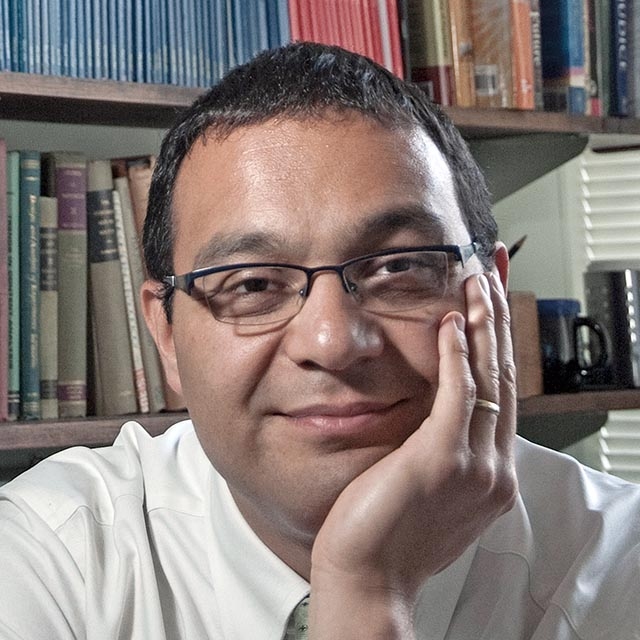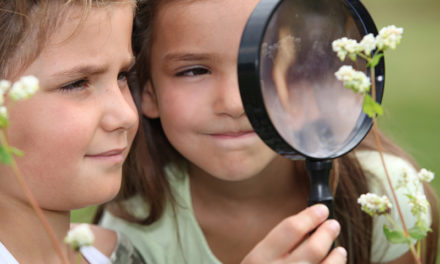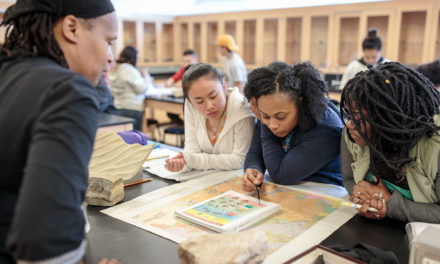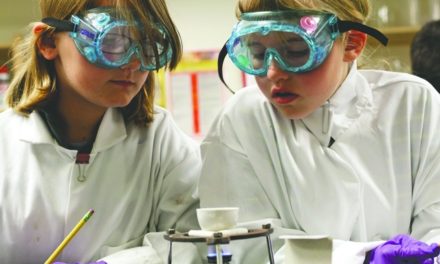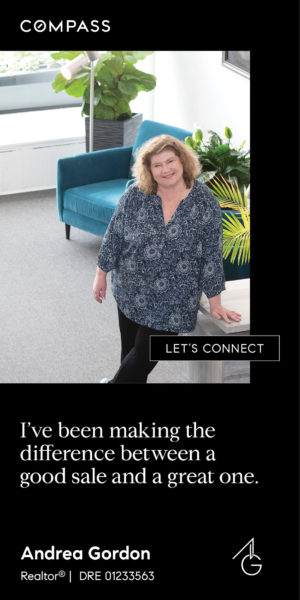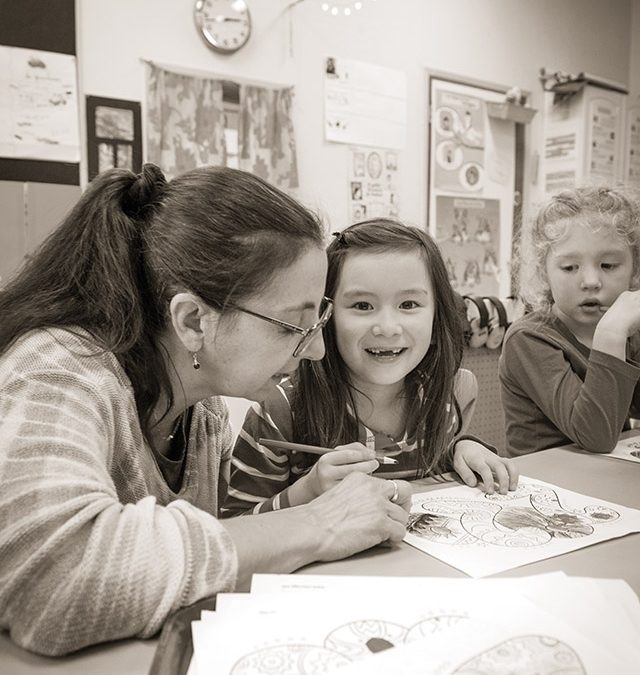Rodolfo Mendoza-Denton recommends making all kinds of friends.
Cal psychologist Rodolfo Mendoza-Denton has a prescription for race relations discussions: Make friends that are outside your homogeneous circle.
Someone draws Mr. Clean dressed up as a Nazi officer with the message, “Mr. Ethnic Cleansing,” at an Alameda high school.
“Whites” and “coloreds” are scrawled in Sharpie in a Danville school bathroom.
Racism exists in America, including in the liberal Bay Area bubble. And these unconscionable words and feelings leave parents in a troubling quandary.
How do I talk to my children about race? What do I say?
When they find themselves at a loss to answer these questions, parents have often invited Rodolfo Mendoza-Denton, Ph.D., in the department of psychology at the University of California, Berkeley to give them guidance and words of advice.
“How do I make sure that my kids end up with egalitarian attitudes?” he said is the question that most progressive-minded parents most often want to know.
Mendoza-Denton’s answer is pretty simple: Make friends that are outside your homogeneous circle. And coupled with that, he recommended, are ongoing conversations about people’s differences and similarities.
If an adult tenses up when he sees a member of another group, he, in turn, perpetuates a stereotype to children who pick up the subtle cues, he warned. That’s why, he said, it’s important for parents to have a diverse set of friends. The effects rub off on children. The science is there.
Research by Frances Aboud and Anna Doyle has shown that being able to talk about race, and racism, actually leads to less prejudice in children. Other research, by Michelle Lease and Jamilia Blake, has found that the more friends of different ethnicities a child has, the more socially skilled that child is.
“As a social psychologist, the best way to show your kids and yourself to have positive attitudes is to expand your friendship circles,” he said. “Reach out to people of different groups. Make sure they see you inviting different kinds of people over for dinner. That is the most important thing that parents can do is develop these friendships.”
These rainbow of friendships most inevitably, he said, will lead to a better understanding of how other people live.
But seeking out heterogeneous friendships — reaching across the aisle to make friends who are of a different race, religion, age group, and sexual orientation — is often hard for many, Mendoza-Denton said.
“Sometimes I tell parents what my prescription is, and they say, ‘OK, but what do I tell them?’” he recounted. “It seems like some of these parents want to have meetings about diversity but are resistant to the idea of actually going out and making these friendships.”
There are books to read, too, he said, noting that one of his favorites, especially for younger children is Sesame Street’s “We’re Different, We’re the Same … and We’re All Wonderful.”
And while doing is better than reading and talking, Mendoza-Denton does emphasize that race is a topic that should be discussed.
Some people have this “narrative of colorblindness, where they want to treat everyone the same and ‘I don’t notice race,’ ” he said.
But he pointed out that most parents would never take that tactic with bullying. “We would never not talk about bullying,” he said.
Rather than avoiding race through a colorblind strategy, Mendoza-Denton recommends that parents do talk about difference by adopting a message of acknowledging and celebrating differences or what he describes as a “multiculturalist strategy.”
It is important to understand why avoiding conversations about race simply doesn’t work with kids, he said. Notably, even if many parents don’t talk about race, their friends and classmates certainly do.
“So it’s critical that we give our kids the tools they need to navigate these early conversations successfully,” he said. “Not talking about race can make the subject even more confusing. And when children are young, the only way for them to resolve this confusion may be by concluding that people of other races are ‘bad,’ thus setting the stage for exactly what many parents seek to avoid — prejudice.”
This article originally appeared in our sister publication, The East Bay Monthly.

